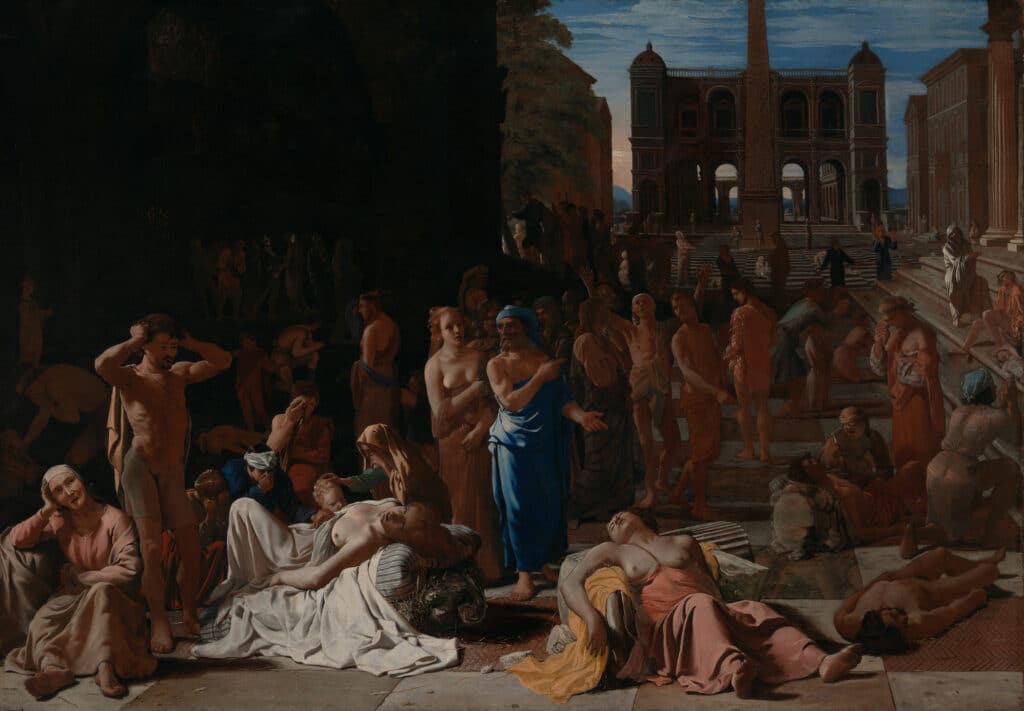
www.historydefined.net
Brenda Ann Spencer: A Bad Case of the MondaysÂ
Today‚ school shootings are something we have become all too familiar with‚ even numb to. But back in the 70s‚ school shootings were unheard of.
Brenda Ann Spencer was a 16 year old student who lived across the street from Grover Cleveland Elementary School in San Diego. On the morning of January 29‚ 1979‚ she took a position in her window overlooking the school armed with a Ruger 10/22 semi-automatic .22 caliber rifle.Â
What unfolded in the next few minutes would not only shock the nation but also thrust the issue of school shootings into the forefront of public consciousness.
The event marked the first high-profile school shooting that would set a precedent for the disturbing trend that would follow in the decades to come. Today we will explore the life of Brenda Ann Spencer and the events that surrounded the Grover Cleveland Elementary School shooting.
Profile of a Killer: Brenda Ann Spencer
Brenda Ann Spencer was born on April 3‚ 1962‚ in San Diego‚ California. Her early life was marked by a challenging family environment.
Raised in poverty‚ Brenda’s family struggled with financial difficulties for many years.
Her parents‚ Wallace Spencer and Dot Spencer‚ divorced when she was still a child‚ and the separation took a toll on young Brenda’s childhood.
Like the many school shooters that would follow her‚ family instability‚ abuse‚ and neglect played a role in her development.Â
Circumstances Leading up to the Shooting
In the years leading up to the tragic events of January 29‚ 1979‚ Brenda began exhibiting signs of emotional and behavioral issues that raised concerns among those around her.
School records indicated that she missed many days of school and when she was there‚ was often in trouble. Other factors that may have contributed to her state of mind that morning are:
Mental Health Concerns
In the 1970s‚ there wasn’t much awareness and understanding surrounding mental health issues. Many individuals struggled in silence due to the stigma associated with seeking help for psychological challenges.
This societal mindset contributed to a general lack of support for those facing mental health difficulties. While the exact nature of Brenda’s mental health challenges remains unclear‚ her troubled demeanor hinted at underlying issues that needed attention and intervention.
Access to Firearms
One crucial factor that plays a role in all school shootings is easy access to firearms. Brenda’s father‚ Wallace Spencer‚ owned a collection of guns that was easily available to her. Again‚ we have to remember that this was before the advent of mass shootings so keeping guns locked up was not as high a priority as it is today.Â
Expressed Desire for Notoriety
Prior to the shooting‚ Brenda reportedly expressed a desire for infamy. She spoke to friends about her fascination with crimes and the desire to commit a significant act that would make her famous. Being in the age before school shootings‚ comments like these were easily disregarded.Â
The dysfunction within the Spencer household‚ coupled with Brenda’s troubled emotional state‚ and easy access to guns formed a toxic combination.Â
The Cleveland Elementary School Shooting
On the morning of January 29‚ 1979‚ Brenda Spencer opened fire on the school‚ indiscriminately targeting anyone in her line of sight.
The San Diego Police Department responded quickly and surrounded the school and secured the area. Spencer‚ barricaded in her home‚ continued her assault on the school from a distance.
Negotiations ensued between Spencer and the police‚ revealing a disturbing lack of remorse on her part. When asked why she did what she did‚ Spencer casually justified her actions by stating‚ “I don’t like Mondays. This livens up the day.” Eventually‚ after approximately seven hours‚ Spencer surrendered to the authorities.
The bullets struck and killed the school’s principal Burton Wragg and custodian Mike Suchar as they tried to protect the students.
Eight children ranging in ages from 8 to 13 and a police officer also sustained injuries during the shooting. They were rushed to the local hospital where they later recovered but the psychological damage was something they and the town would carry with them the rest of their lives.
Legal Proceedings and Sentencing
Brenda Ann Spencer was charged as an adult with two counts of murder for the deaths of Principal Burton Wragg and custodian Mike Suchar‚ as well as multiple counts of assault for the injuries inflicted on students and staff during the shooting.
She was sentenced to 25 years to life in prison with a chance of parole. She was denied parole in 1993‚ 2001 and In 2009‚ The parole board citing that Spencer was psychotic and unfit to be released into the general population.
She remains in jail at the California Institution for Women in Chino. Her next shot for a parole hearing will be in 2025.
“I Don’t Like Mondays” and Cultural Impact
Brenda Ann Spencer’s infamous crime was heard around the world and inspired the Irish rock band “Boomtown Rats” to write the song “I Don’t Like Mondays”‚ based on Spencer’s quote to police.
It became the number one song on the UK charts in July 1979 and held its position for four consecutive weeks. While it didn’t make many waves in the United States‚ in their hometown of Ireland‚ it became the Boomtown Rats’ biggest hit
Lessons Learned and Ongoing Relevance
The Cleveland Elementary School shooting marked a tragic turning point in the way society perceives and responds to school shootings.
The incident raised awareness about the potential for violence in schools and public buildings and prompted a reassessment of school safety measures.
Looking back on the event today we can see it as a precursor of a disturbing trend of school shootings that would unfold in the following decades. The event underscored the need for ongoing discussions about gun control and mental health awareness.
Sources
Brenda Spencer
http://www.sdpolicemuseum.com/Brenda-Spencer.html
Brenda Ann SPENCER
https://murderpedia.org/female.S/s/spencer-brenda.htm
1979 Cleveland Elementary School shooting (San Diego)
https://en.wikipedia.org/wiki/1979_Cleveland_Elementary_School_shooting_(San_Diego)The post Brenda Ann Spencer: A Bad Case of the Mondays first appeared on History Defined.











